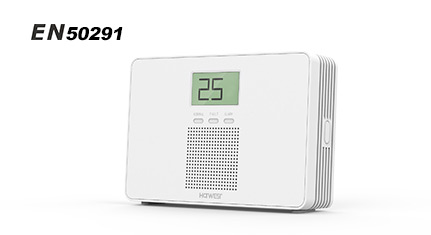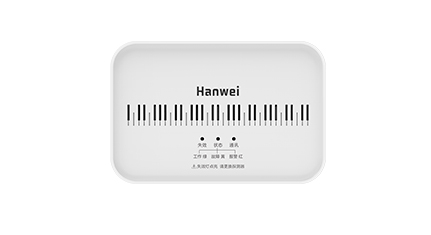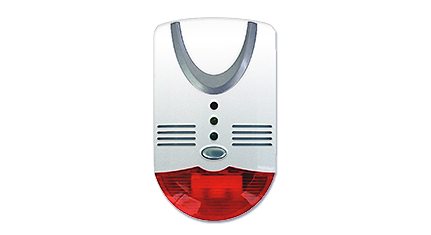Is there any difference between LPG & Natural Gas?
Liquefied Petroleum Gas (LPG) and Natural Gas are used widely in several appliances for domestic and industrial purposes.
What is LPG?
LPG (also referred as Liquefied Petroleum Gas or LP Gas) is a mixture of hydrocarbon consisting mainly of Propane (C3H8) and Butane (C4H10) stored in a liquid state.
What is Natural Gas?
Natural Gas is a fuel consisting mostly of methane. When it is required as a fuel it must be purified to remove a number of other constituents, namely ethane, propane, butane and sulphur among others.
Difference between LPG & Natural Gas
Propane gas is heavier than air while natural gas is lighter.
LPG can be compressed and stored/transported in cylinders or canister, A storage receptacle is not required for natural gas, just a connection to the natural gas network.
LPG has higher calorific value than natural gas. LPG has a typical calorific value of 93.2MJ/m3 while natural gas has a lower calorific value of 38.7MJ/m3.
Risk Factors
LPG and Natural gas can be very hazardous, Both LPG and natural gas will dissipate into the air if they are released in an open environment, and both can pose an explosive risk if they concentrate enough and are ignited.
Share:
Read More
- >>Previous: No
- >>Next: How to detect a gas leak in my house?







